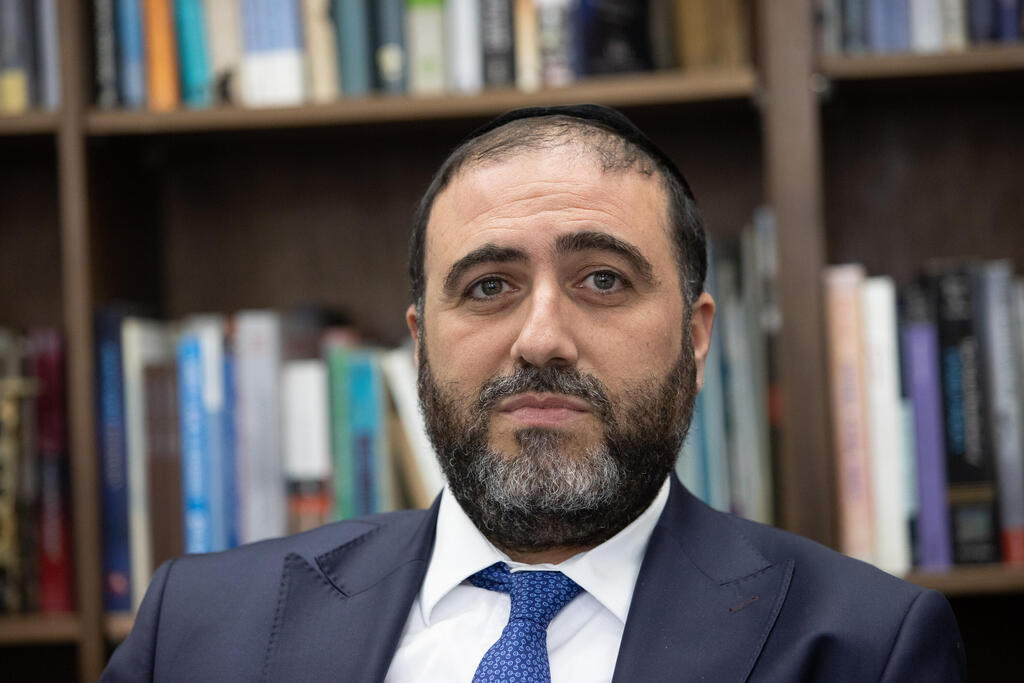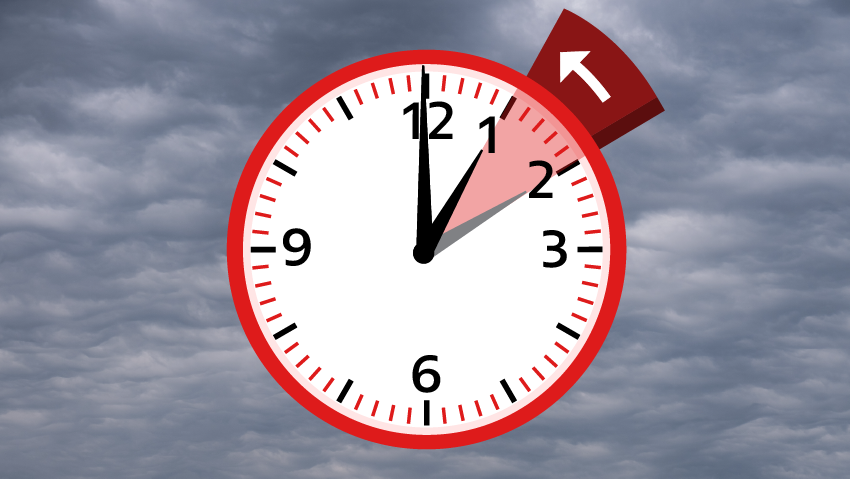Daylight saving time will end in Israel on Saturday night. When the clock strikes 2:00 a.m., it will be moved back by one hour to 1:00 a.m. As a result, we will enjoy an additional hour of sleep overnight between Saturday and Sunday, but it will also result in darkness falling earlier. The Interior Ministry had reviewed a proposal to delay or cancel the time transition with the aim of having more daylight hours during the current war, but ultimately rejected it.
Read more:
Tens of thousands of Israelis signed a petition proposing a two-month postponement of the transition to standard time, or until the state of war emergency comes to an end. The petition argues that due to the current conditions and with troops massing on the Gaza border, it is both worthwhile and necessary to delay the time change. The reasoning behind this is that maintaining high national morale is crucial during times of conflict, and an early sunset would not be conducive to ensuring that citizens and especially soldiers who are on the frontlines protecting the country maintain this sense of high morale.
The issue of moving back to standard time has become an ongoing point of contention in Israeli society, and an annual debate; but this time it has gained significant traction, particularly given the challenging circumstances that the country's citizens are currently experiencing due to the war. Many countries around the world have stopped changing their clocks during the winter season, opting instead for an additional hour of daylight. This decision is motivated by various factors, such as the benefits to the economy and the overall public mood.
The matter was also deliberated during a recent economic-social cabinet meeting about two weeks ago. During the discussion, Economy Minister Nir Barkat endorsed the proposal. "We should defer the transition to standard time until December and grant more daylight hours. This will have an impact on both the economy and the overall national sentiment. Considering that people are not currently going to work, it is essential to ease the burden on citizens. If darkness sets in as early as 4:30 p.m., it will only further dampen the national mood, which is far from optimal as it is."
While some Knesset members, including recently minted Security Cabinet member Yifat Shasha-Biton, supported the initiative with the claim that it would help children maintain a high morale during troubled times - ultra-Orthodox lawmakers like Aryeh Deri opposed it on religious grounds, claiming it will make the morning prayer schedule very difficult for observant Jews.
Ultimately, the Interior Ministry made the decision to proceed with the transition to standard time, as has been the practice every year. Interior Minister Moshe Arbel explained that "the matter of extending daylight saving time underwent careful evaluation by experts who advised against making abrupt changes that could potentially disrupt information and computer systems, including flight schedules. Taking their recommendation into account, it was determined to maintain the current arrangement. I extend my well wishes to the residents of Israel for a healthy winter, may it bring forth some positive news."




